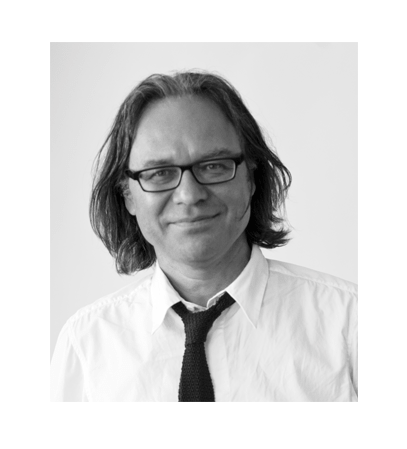- May 6, 2020
- 00:08:19
History of Science ON CALL: Richard Rottenburg (in German)
- Richard Rottenburg
- Research Communication and Management
- History of Science ON CALL: Listening, Attending, Acting
 Der Anthropologe Prof. Dr. Richard Rottenburg beantwortet bei History of Science ON CALL, folgende Fragen:
Der Anthropologe Prof. Dr. Richard Rottenburg beantwortet bei History of Science ON CALL, folgende Fragen:
- Was inspiriert Sie als Historiker der Biologie besonders dazu, über die derzeitige Lage nachzudenken?
- Welches Verhältnis hatten Menschen und Mikroben zu Beginn der modernen Mikrobiologie?
- Wie hat sich das Verhältnis zwischen Menschen und Mikroben seither verändert?
- Was können daraus über die gegenwärtige Situation lernen?
Profil: Richard Rottenburg
Prof. Dr. Richard Rottenburg ist Professor für Wissenchafts- und Technikforschung am WiSER Institut an der University of the Witwatersrand in Johannesburg (SA). An der Martin-Luther-Universität Halle-Wittenberg gründete er zuvor ein Forschungsnetzwerk, das sich auf die Anthropologie von Recht, Organisation, Wissenschaft und Technologie ("Law, Organization, Science and Technologie - LOST") konzentriert. Inspiriert vom sozialwissenschaftlichen Studium von Wissenschaft und Technologie sowie von Interpretationen pragmatischer Gesellschaftstheorie, stehen die Entstehung materiell-semiotischer Ordnungen und ihre Insitutionalisierung im Mittelpunkt seiner aktuellen Arbeit. Im Vordergrund seiner Untersuchungen stehen evidenzbezogene Praktiken (Experimente, Tests, Messungen) und vielschichtige Infrastrukturen, die Belege verfestigen und zirkulieren. Er fragt, wie sie mobilisiert werden, um konkrete Zukünfte zu entwerfen und zu kritisieren.
Über das Projekt History of Science ON CALL
History of Science ON CALL sammelt und verdichtet zwei Informationsströme—Forschung and Bildung—die für Krisen, einschließlich langwieriger disasters, relevant sind. Der Bereich Forschung besteht aus kurzformatigen Videointerviews, während der Bereich Bildung vorhandene Ressourcen und Materialien - wissenschaftliche Lehre und Unterrichtsmaterialien - sammelt und präsentiert, um ihre Reichweite zu vergrößern.
